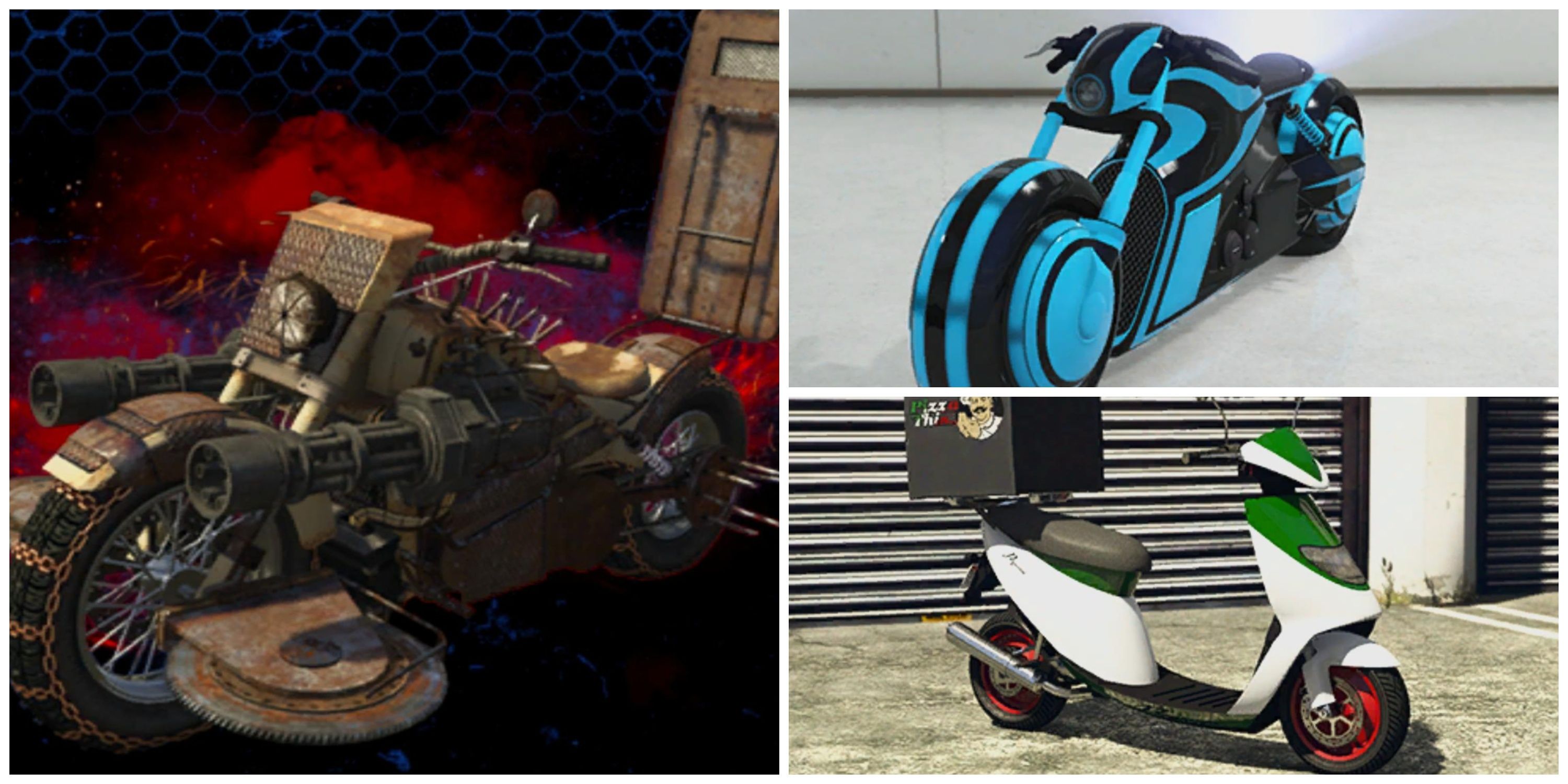TikTok parent company ByteDance is planning to wind down its Nuverse gaming brand and walk away from the mainstream video game industry, according to a new report by Reuters. Four unnamed sources told the publication on Monday that the decision will likely impact hundreds of employees, some of whom were only informed about the company’s restructuring efforts over the weekend.
“We regularly review our businesses and make adjustments to centre on long-term strategic growth areas. Following a recent review, we’ve made the difficult decision to restructure our gaming business,” a ByteDance spokesperson told Reuters. Nuverse, a subsidiary set up by ByteDance in 2019, was focused on standalone mobile and web games, including publishing the popular Marvel Snap. The decision isn’t expected to impact the company’s other gaming interests, such as the Ohayoo gaming brand for Douyin (China’s equivalent of TikTok) or casual games that run on TikTok.
ByteDance reportedly has no plans to return to the global video games market
No further details have been revealed to the public, though Reuters sources said that ByteDance has no current plans to return to the global video games market. ByteDance is reportedly looking to rid itself of the gaming titles it’s already launched under Nuverse, such as Marvel Snap and Crystal of Atlan, and informed employees on Monday that they must stop working on unreleased games by December. The company did not immediately respond to a request for comment from The Verge.
This comes just weeks after “a few hundred” employees at Pico, a VR hardware company acquired by ByteDance in 2021, were let go as the brand undergoes a restructuring to better focus on “hardware and core technologies.” The TikTok parent company has invested heavily in the gaming industry over the last few years in a bid to compete against giants like Tencent, which dominates the Chinese mobile gaming sector. It’s unclear if Nuverse will completely cease to exist given ByteDance claims it’s “restructuring” its gaming business, though it’s clearly no longer a threat to Tencent’s crown.

/cdn.vox-cdn.com/uploads/chorus_asset/file/25734293/GXdMxmZXcAEQ5K5.jpeg)
/cdn.vox-cdn.com/uploads/chorus_asset/file/25114633/1649903608.jpg)
/cdn.vox-cdn.com/uploads/chorus_asset/file/25286101/DSCF6430.jpg)


/cdn.vox-cdn.com/uploads/chorus_asset/file/25225666/Screen_Shot_2024_01_14_at_11.48.40_AM.png)
/cdn.vox-cdn.com/uploads/chorus_asset/file/12785823/SW_SMP_E32018_SCRN_09.png)
/cdn.vox-cdn.com/uploads/chorus_asset/file/22871771/Surface_Laptop_Studio___Gaming.jpg)